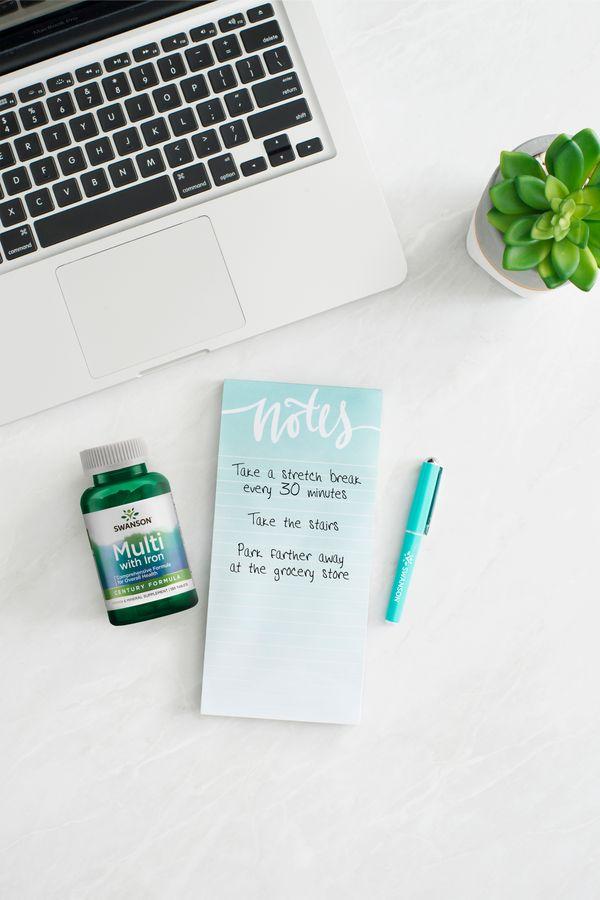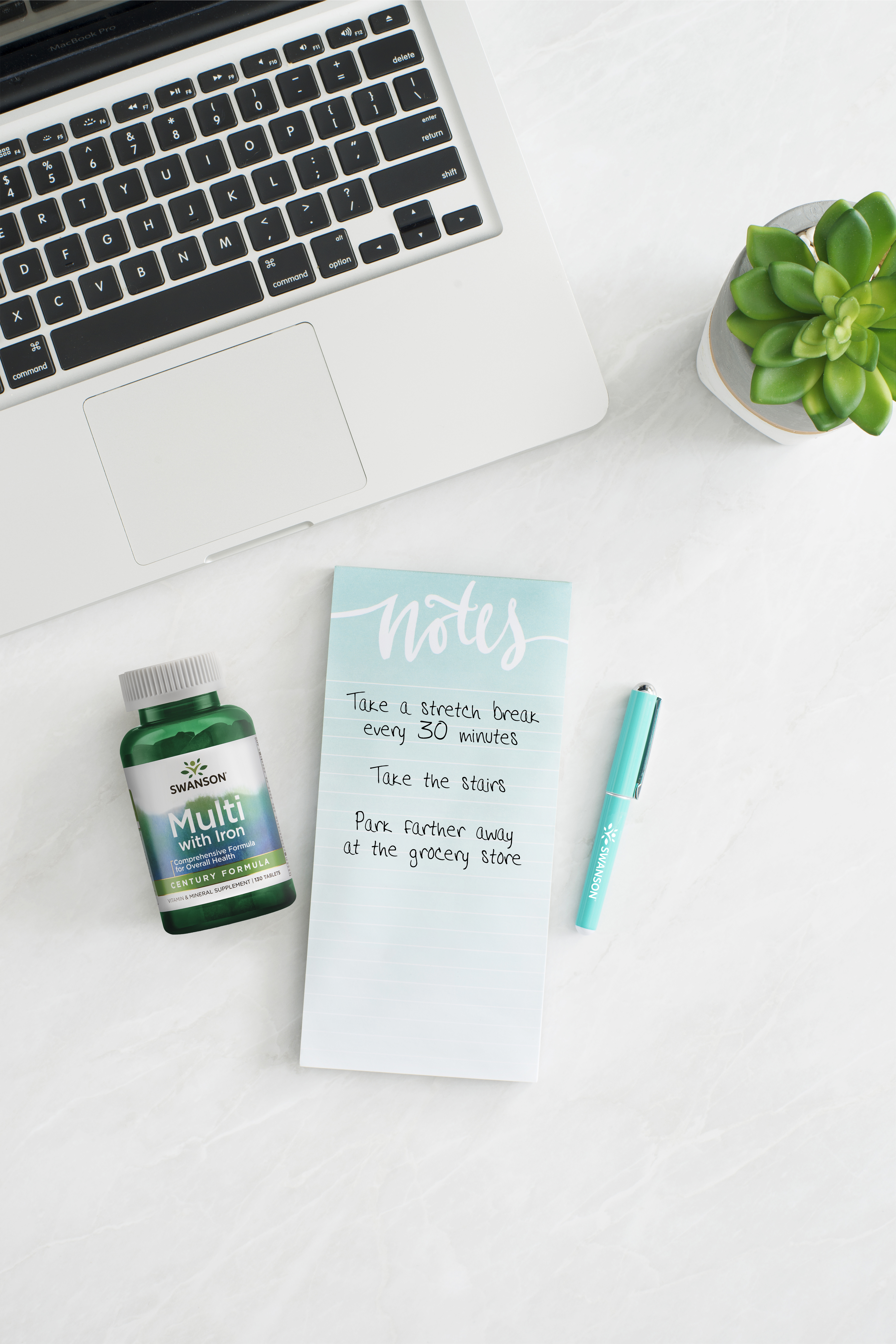According to the University of California, Berkeley, multivitamins are the most widely used dietary supplement in the U.S. It makes sense—many of us grew up with a morning regimen of peanut butter toast, orange juice and a “vitamin”... a gritty, cartoon-shaped chewable multivitamin, whose bitter-tart flavor might still be lingering in your mouth.
As bad as they tasted, we took for granted that a daily multivitamin was part of a normal, healthy diet. That we needed it. While it’s true that a multivitamin can be a great way to make up for any nutritional gaps in your regular diet, “many people expect too much from their multivitamins,” says UC Berkeley.
Who Needs a Multivitamin?
In a perfect world, nobody would need to take a multivitamin. We’d get all the essential vitamins, minerals and trace nutrients our bodies need from the foods we eat. But due to a host of factors too numerous to cover here, that’s just not always possible or realistic.
As recently as 2002, the Journal of the American Medical Association, or JAMA, recommended a daily multivitamin for all adults. Since then, however, that consensus has broken down for various reasons. Today, health professionals still recommend a daily multi for certain groups who are more predisposed to nutritional deficiencies.
- Pregnant Women: Most doctors will encourage the use of a good prenatal vitamin to women who are either already pregnant or of childbearing age and actively trying to get pregnant. Certain nutritional requirements increase during pregnancy to ensure a healthy newborn, including vitamin C, iron, folic acid and other B vitamins.
- Vegans & Vegetarians: Vegans and strict vegetarians have a hard time filling certain nutritional needs, specifically vitamin B-12, calcium and iron, and should consult their doctors about the use of a multivitamin. Vegetarians who still consume dairy products and maintain a diet rich in plant-based protein and leafy green vegetables are likely getting what their bodies need without a need for supplementation.
- If You’re on a Diet: Low-calorie diets can be so restrictive that not only do they cause weight loss, they inevitably result in certain nutritional deficiency. Consult a doctor or nutritionist to make sure your daily diet maintains optimal levels of key vitamins and minerals.
- Over 60: Your body changes as you age, as does your lifestyle and diet. For various reasons, older people don’t always consume a balanced diet that provides enough essential nutrition. Common shortfalls include vitamin D, certain B vitamins and magnesium, an essential mineral for a plethora of bodily functions.
How Much Do I Need to Eat?
If you’re determined to skip the multivitamin and get all your nutrients from food—the ideal plan—you need to know what a healthy, balanced diet looks like. Here’s a quick overview of certain key vitamins and minerals, which foods offer them and how much you would need to eat per day to meet the recommended daily intake.
| Calcium—Daily Requirement: 1,136 milligrams |
|
| Nonfat or low fat cheese: 2 ounces = 400 milligrams | |
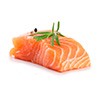 |
Fish and seafood such as sardines, pink salmon and ocean perch: 3 ounces = 325 milligrams, 181 milligrams and 116 milligrams, respectively |
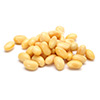 |
Beans such as soybeans and white beans: 1/2 cup = 130 milligrams and 96 milligrams, respectively |
 |
Spinach: 1/2 cup = 146 milligrams |
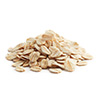 |
Oatmeal: 1 packet = 99-110 milligrams |
| Potassium—Daily Requirement: 1,136 milligrams |
|
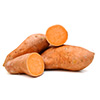 |
Sweet potatoes and regular potatoes: 1 sweet potato = 694 milligrams and one potato = 610 milligrams |
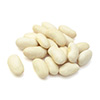 |
Beans such as white beans, soy beans, lima beans and kidney beans: 1/2 cup = 595 milligrams, 485 milligrams, 484 milligrams and 358 milligrams, respectively |
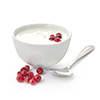 |
Nonfat yogurt or lowfat yogurt: 8 ounces = 579 milligrams and 531 milligrams, respectively |
 |
Fruit such as bananas, peaches, cantaloupe and honeydew melon: 1 medium banana = 422 milligrams, 1/4 cup of peaches = 393 milligrams, 1/4 medium melon = 368 milligrams and 1/8 medium melon = 365 milligrams |
 |
Fish such as halibut, yellowfin tuna, rockfish and cod: 3 ounces = 490 milligrams, 484 milligrams, 442 milligrams and 439 milligrams, respectively |
| Magnesium—Daily Requirement: 380 milligrams |
|
 |
Vegetables such as pumpkin, spinach and artichokes: 1 ounce of pumpkin = 151 milligrams, 1/2 cup of spinach = 81 milligrams and 1/2 cup of artichokes = 50 milligrams |
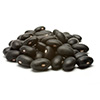 |
Beans such as soybeans, white beans, black beans, navy beans and great northern beans: 1/2 cup = 74 milligrams, 67 milligrams, 60 milligrams, 48 milligrams and 44 milligrams, respectively |
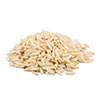 |
Brown rice: 1/2 cup = 42 milligrams |
 |
Nuts such as brazil nuts, almonds, cashews and peanuts: 1 ounce = 107 milligrams, 78 milligrams, 74 milligrams and 50 milligrams, respectively |
| Vitamin A—Daily Requirement: 900 micrograms |
|
 |
Organ meats such as liver and giblets: 3 ounces = 1,490-9,126 micrograms |
 |
Vegetables such as sweet potatoes, pumpkin, carrots, spinach and turnip greens: 1 medium potato = 1,096 micrograms, 1/2 cup of pumpkin = 953 micrograms, 1/2 cup of carrots = 679 micrograms, 1/2 cup of spinach 574 micrograms and 1/2 cup of turnip greens = 441 micrograms |
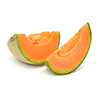 |
Cantaloupe: 1/4 medium melon = 233 micrograms |
| Vitamin C—Daily Requirement: 60 milligrams |
|
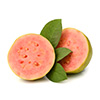 |
Fruits such as guava, oranges, kiwi, strawberries, cantaloupe, papaya, pineapple and mango: 1/2 cup of guava = 188 milligrams, 1 medium orange = 70 milligrams, 1 medium kiwi = 70 milligrams, 1/2 cup of strawberries = 49 milligrams, 1/4 medium melon = 47 milligrams, 1/4 medium papaya = 47 milligrams, 1/2 cup of pineapple = 28 milligrams and 1/2 cup of mango = 23 milligrams |
 |
Vegetables such as raw red sweet pepper, raw green sweet pepper, Brussels sprouts, broccoli, sweet potatoes and cauliflower: 1/2 cup = 142 milligrams, 60 milligrams, 48 milligrams, 38 milligrams, 34 milligrams and 28 milligrams, respectively |
| Vitamin E—Daily Requirement: 15 milligrams |
|
 |
Nuts and seeds such as sunflower seeds, almonds, hazelnuts, pine nuts, peanuts and brazil nuts: 1 ounce = 7.4 milligrams, 7.3 milligrams, 4.3 milligrams, 2.6 milligrams and 1.6 milligrams, respectively |
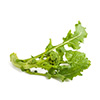 |
Turnip greens: 1/2 cup = 2.9 milligrams |
 |
Peanut butter: 2 tablespoons = 2.5 milligrams |
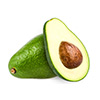 |
Spinach and avocado: 1/2 cup of spinach = 1.9 milligrams and 1/2 avocado = 2.1 milligrams |
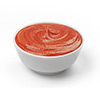 |
Tomato paste, sauce and puree: 1/4 cup of tomato paste = 2.8 milligrams, 1/2 cup of tomato sauce = 2.5 milligrams and 1/2 cup of tomato puree = 2.5 milligrams |
Use Technology to Track Your Food
Keeping track of everything can be daunting when you first start out, but there are several helpful apps you can download right to your phone or computer that will make the tracking much easier. Try these top fitness and diet tracker apps:
- MyFitnessPal: One of the largest food databases available in a diet tracker, MyFitnessPal can help you log and track your food, and it comes pre-loaded with many popular restaurant menus.
- FatSecret: a completely free and wonderfully easy-to-use food journal app. You can add custom foods and recipes, add foods from your favorite chains and restaurants, and set daily calorie and nutrition goals to keep you on track.
- LoseIt: a combination food and activity tracker (like most food journal apps) focused heavily on tracking portion size, daily caloric goals and overall intake.
- CRON-O-Meter: If you want simplicity, this is it. Like many other diet tracking tools, it breaks down the things you eat into their nutritional components so you get a complete profile of what you’re eating day to day.
Whether you prefer taking multivitamins or eating nutrient-rich foods, make sure you're getting a balanced diet.
Sources:
- www.berkeleywellness.com/supplements/vitamins/article/do-you-need-multivitamin
- https://familydoctor.org
